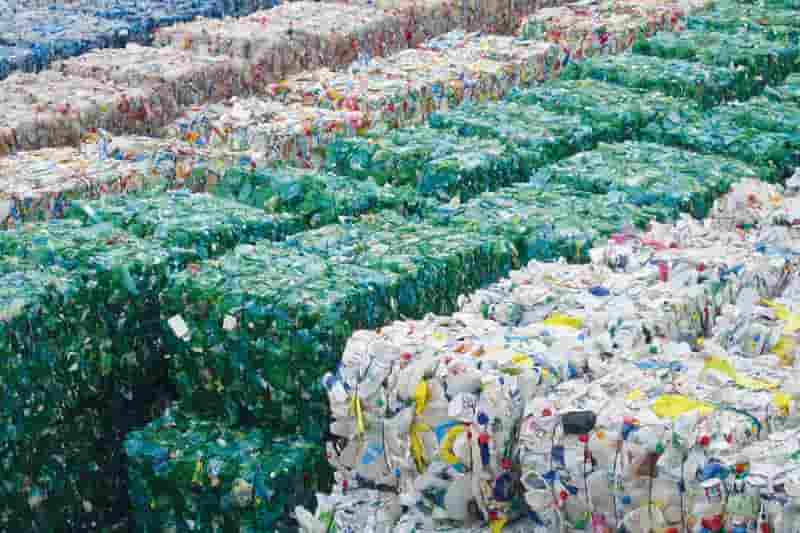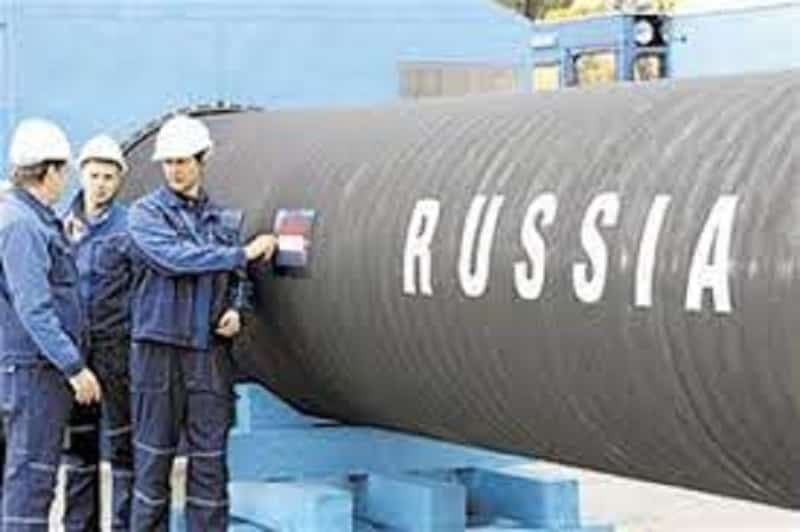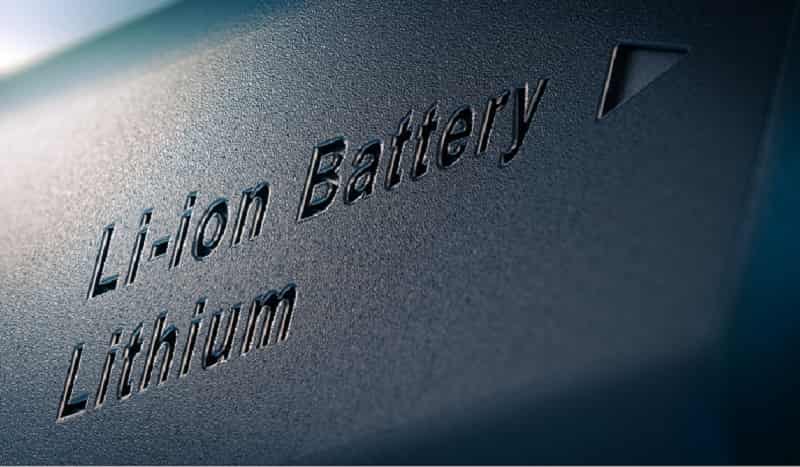Plastics-tax – Petrochemical – Plastic-recycling 24-01-2022 - Arhive
Plastics-tax – Petrochemical – Plastic-recycling
-Warning high recycled prices could defeat plastics tax
Rocketing prices for recycled plastics may undermine the plastic packaging tax, industry figures have warned.
The tax is due to be imposed in April at a rate of £200 per tonne on plastic goods that fail to have at least 30% recycled content.
But the high prices now seen could mean that virgin plastics would still be cheaper than recycled ones even after the tax had been paid. Plastics-tax – Petrochemical – Plastic-recycling Plastics-tax – Petrochemical – Plastic-recycling
Helen McGeough, senior analyst and global analyst team lead for plastics recycling at commodity intelligence firm ICIS, said: “Many recyclers and packaging producers have mentioned the possibility of substituting away from recycled content and back to virgin PET – particularly in the sheet and thermoforming sectors which are not under the same regulatory pressure as the beverage bottle sector – but only if PET prices remain around current levels, and availability improves.
“For the majority of end users manufacturing food contact products it will dissuade them from increasing recycled content levels due to the cost, effectively thwarting their progress to higher recycle content ambitions this year.”
McGeough said though that large scale substitution of virgin plastic for recycled was unlikely before the second quarter of this year, when virgin availability could potentially improve with the arrival of delayed imports from Asia.
She said although the UK market was not facing the shortage of rPET flake and pellets seen in other parts of Europe, it was dealing with higher contamination levels with bale yields around 50% for mixed bales according to one recycler she had contacted. Plastics-tax – Petrochemical – Plastic-recycling

-SABIC, ExxonMobil start commercial operation of Texas JV project
SABIC and joint venture partner ExxonMobil have started commercial operation of the large-scale cracker and petrochemicals complex the two firms have been developing on the US Gulf Coast, they said on Thursday.
SABIC announced that the project, based in Corpus Christi, Texas, had started commercial operation in a stock exchange filing, with revenues from the project expected to contribute to the firm’s first-quarter results this year.
The complex comprises a 1.8m tonne/year cracker, along with two polyethylene production units with a combined capacity of 1.3m tonnes/year, and a 1.1.m tonne/year ethylene glycols unit. Plastics-tax – Petrochemical – Plastic-recycling
Speaking at an American Chemistry Council event in November 2021, ExxonMobil president Karen McKee projected that the complex would enter the start-up phase before the end of the year, and that the project was under budget.
The polymers and glycols units had reached mechanical completion as of mid-2021.
“The project supports SABIC’s global growth strategy, diversifying its feedstock sources and strengthening its petrochemical manufacturing presence in North America,” SABIC said in the filing. Plastics-tax – Petrochemical – Plastic-recycling

-Gas prices could soar if Russia invades Ukraine
If Russia invades Ukraine, inflation-weary Americans will likely pay even higher prices at the pump. Plastics-tax – Petrochemical – Plastic-recycling
Oil prices have already shot up to seven-year highs in recent days. A conflict between Russia and Ukraine, which the White House has warned could be imminent, would have the potential to drive them much higher.
That’s because Russia is the No. 2 oil producer on the planet, behind only the United States. And Ukraine is a key energy transit hub, where a large amount of Russian natural gas exports to Europe flow through.
An invasion of Ukraine would trigger immediate fears of sanctions from Washington on Russia’s vast energy resources, damage to the region’s energy infrastructure and raise the specter of Vladimir Putin weaponizing exports of natural gas and crude oil.
Investors would buy first and ask questions later.
“There is a very good chance we would reach $100. That’s going to be inflationary with an exclamation point,” said Robert Yawger, director of energy futures at Mizuho Securities. “We don’t need that at all. We can’t afford that at all.”
A conflict between Russia and Ukraine would boost gas prices, the head of the International Energy Agency said on Thursday.
“Such a huge geopolitical event would [have] major implications on the gas prices, if not leading to turmoil,” IEA Executive Director Fatih Birol told CNNI’s Julia Chatterley on First Move. Plastics-tax – Petrochemical – Plastic-recycling
‘All bets are off’
It’s impossible to say how high prices would go — and how long they would stay high. But $100 oil would surely lift prices at the pump. And that means a Russia-Ukraine conflict has the potential to impact most Americans.

-Neenah Joins Soteria Battery Innovation Group Consortium
Company will use nonwovens to pursue fiber-based separator applications
Neenah, a global manufacturer of specialty materials, has joined the Soteria Battery Innovation Group (BIG), a consortium of 100+ companies representing different developers and users across the lithium-ion battery ecosystem. The consortium is committed to using new technology to bring safer batteries to the market, which aligns directly with Neenah’s passion for innovation and the company’s emphasis on safety. Plastics-tax – Petrochemical – Plastic-recycling
Lithium-ion batteries continue to dominate the battery market, with projected growth from $41 billion in sales in 2021 to over $110 billion by 2030. Neenah will utilize its significant expertise in nonwovens to pursue fiber-based separator applications that can meet users’ short and long-term needs.
“This partnership brings significant opportunities to leverage our existing technologies, and we continue to be excited to work with organizations that complement our capabilities and help drive value in our growth markets,” says Bret Haldin, vice president of Innovation for Neenah. Plastics-tax – Petrochemical – Plastic-recycling

-Closed Loop Partners launches Local Recycling Fund
PepsiCo Beverages North American invested $35 million in the fund, which will finance small-scale, modular MRFs in underserved communities.
Closed Loop Partners has created the Closed Loop Local Recycling Fund with an initial investment of $35 million from PepsiCo Beverages North America, Purchase, New York. Plastics-tax – Petrochemical – Plastic-recycling
The fund will establish small, modular recycling systems in communities across the U.S., reducing the need for the costly transportation of recycled materials to larger material recovery facilities (MRFs), increasing recycling in areas with no or limited access to these services. The material processed at these sites will be used to support PepsiCo’s sustainable packaging goals, the companies say.
“This first-of-a-kind investment from PepsiCo ushers in a new future for local recycling, empowering communities across rural America and small cities to reduce waste and harness the value of their recycled commodities,” says Ron Gonen, founder and CEO of Closed Loop Partners, which is based in New York City. “By closing the loop on these commodities, which can then re-enter local manufacturing supply chains, we are better equipping communities with the tools needed for resilience against a globally changing climate, while also creating new revenue opportunities and jobs. We look forward to continuing our long-standing partnership with PepsiCo to build and strengthen circular supply chains.”
“As companies—including PepsiCo—set ambitious goals to use more recycled content in their packaging, there is more need than ever for partnerships and investments to increase recycling in the U.S.,” Jason Blake, chief sustainability officer and senior vice president at PepsiCo Beverages North America, says. “We need to develop the infrastructure that makes recycling available to more Americans so we can recover the high-quality material that can be used in our packaging. Through pep+, our end-to-end strategic transformation, sustainability is at the heart of everything we do. As the exclusive investor in the Closed Loop Local Recycling Fund, we are actively driving the changes needed to transform the US recycling system and move towards a circular economy.” Plastics-tax – Petrochemical – Plastic-recycling

Plastics-tax – Petrochemical – Plastic-recycling
